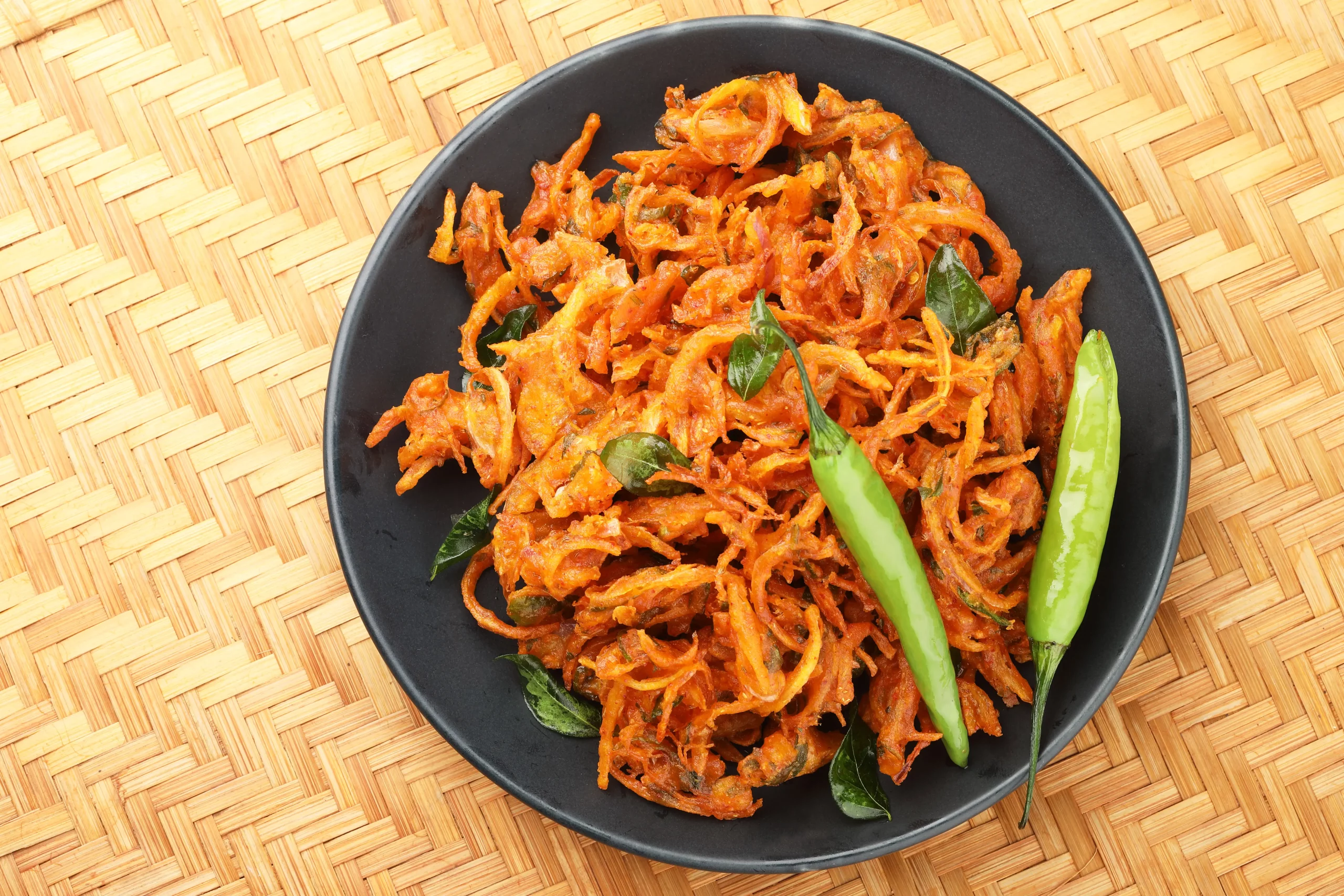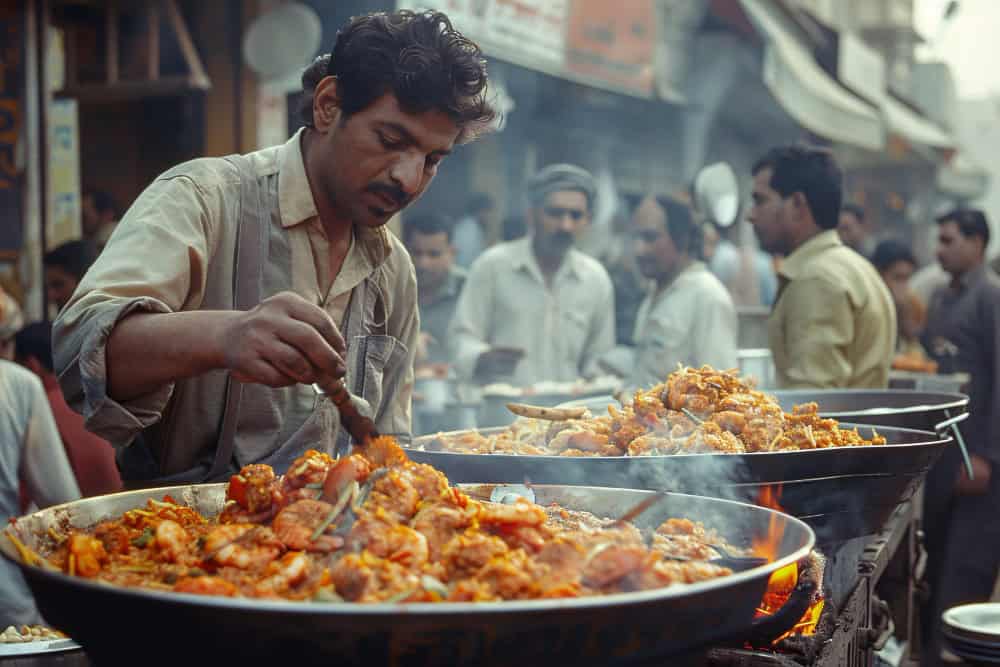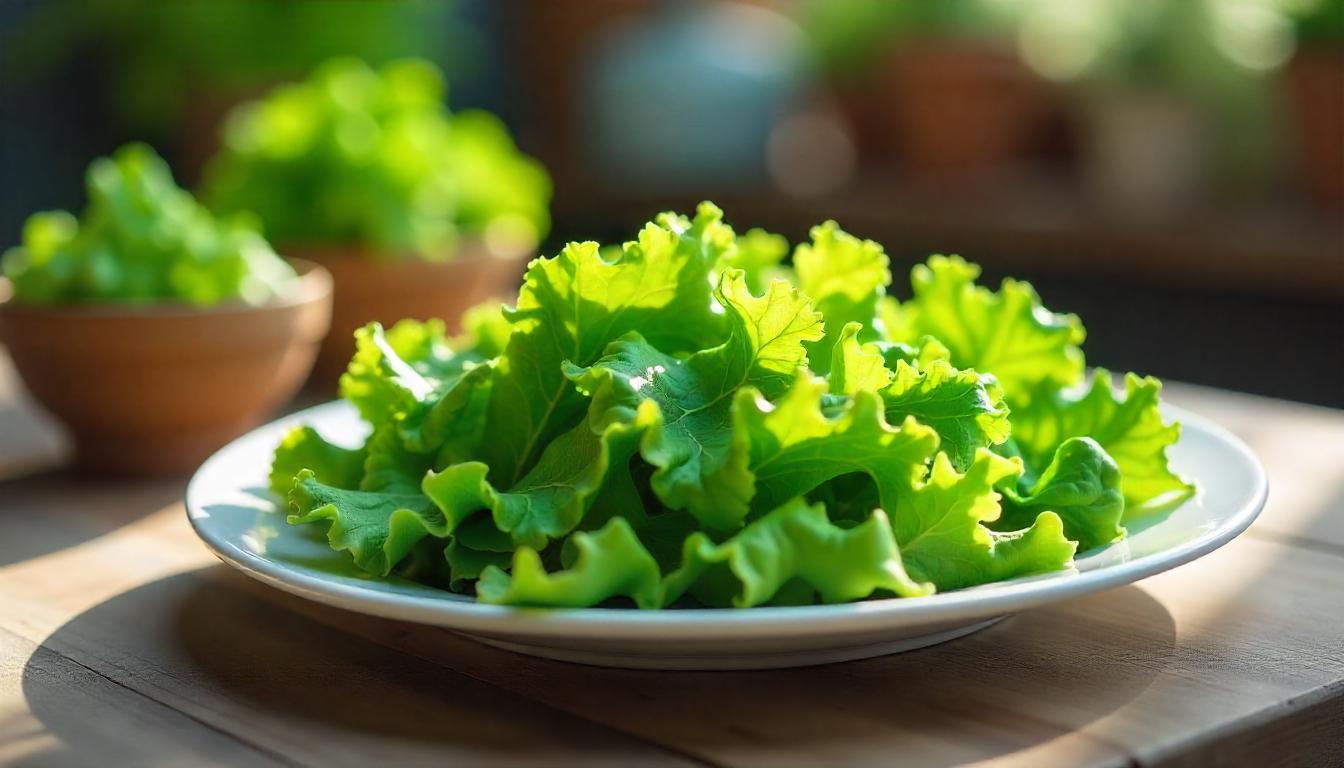
When the temperature is rising, humidity is all around, and stepping outside in the sun feels like a punishment, rain brings some much-needed relief from the intense heat. However, monsoon also brings with it increased humidity, leading to food contamination and digestive troubles. The changing weather puts extra strain on your gut during monsoon, and while street snacks become a little more alluring during this cozy season, they cause you trouble. The good news? A few mindful food choices can make all the difference. If you want to keep digestive troubles at bay this monsoon, keep reading as we discuss some foods that you should completely avoid in the rainy season.
Why Monsoon Can Be Troublesome for Your Gut?

The changing weather and increased humidity can impact the way your gut functions. Furthermore, the rainy season provides a breeding environment for microorganisms, as the increased humidity in the air causes them to reproduce more quickly on food. Water sources can get contaminated, food spoils more quickly, and eating out raises the possibility of consuming dangerous bacteria. This leads to a rise in problems, including food poisoning, diarrhea, bloating, and indigestion. In addition, the traditional Ayurvedic belief is that the rainy season weakens your body’s digestive fire (agni), making it harder for your digestive system to break down food.
Say goodbye to bloating and acidity. Explore stomach care range.
Foods to Avoid During Monsoon
1- Street Snacks

Fried street snacks are perhaps the biggest red flag during the rainy season. Even if the temptation of roadside pakoras, aloo tikki, or pani puri may seem compelling, the dangers greatly exceed the fleeting enjoyment. Street food vendors typically operate in unclean conditions. The water used for pani puti isn’t always clean, the ingredients may not be fresh, and the frying oil is reused numerous times, making it hazardous and a harbor for bacteria. Raw cut vegetables and fruits sold on the street are also susceptible to dust, insects, and unsanitary hand contact contamination. These foods raise the risk of gastrointestinal illnesses and food poisoning.
2- Carbonated Beverages

Although cold and carbonated drinks seem refreshing, they might weaken your immune system and upset your digestive tract. They reduce the activity of digestive enzymes, resulting in bloating and gas. During the monsoon season, when the digestive system is already compromised, these beverages might cause gastrointestinal problems. Additionally, they contain little to no nutrients and are high in sugar, which can lead to dehydration during the already humid season and the loss of minerals.
3-Green Leafy Vegetables

Given how much we have been taught about the benefits of eating leafy green vegetables throughout our lives, it might not make sense. But it’s best to stay away from them during the monsoon. Despite their obvious nutritional value, leafy greens and raw salads need to be well cleaned and washed to get rid of any dirt, bacteria, or pesticides. The damp and unclean conditions make it possible for soil, worms, and larvae to bind to these veggies. Not all of the pollutants may be removed by thorough washing. Thus, consuming these vegetables increases your risk of experiencing stomach discomfort.
4- Fish and Seafood

The monsoon season is often the breeding season for most fish and seafood and the ones caught are often low quality. Also, during the rainy season, germs and bacteria in the water have the potential to infect fish. Choosing seafood and shellfish during the rainy season is dangerous since they are particularly perishable and prone to contamination. Warm, humid weather promotes bacterial development in seafood, raising the risk of food poisoning.
5- Dairy Products

dairy products
During the monsoon season, dairy items, particularly unpasteurized milk and desserts made with milk, might be dangerous. Damp conditions can drain all of the nutrients and cause dairy to perish faster than usual. As a result, milk can quickly go rancid and can do more harm than good. If you cannot avoid dairy products, choose pasteurized milk and fresh dairy products from reliable sources. Moreover, you can use plant-based substitutes like oat or almond milk instead.
Tummy troubles? Find fast, effective relief with our stomach care products. Shop Now
Conclusion
The monsoon might be the coziest of weathers, but it also brings certain challenges for your overall wellness, due to weakened immunity, increased bacterial growth, and humid conditions. With a little neglect, it can turn into a nightmare for your health. But it doesn’t have to be this way. By being careful with hygiene, lifestyle, and mindful dietary choices, you can ward off diseases and illnesses. The most significant of these healthy choices is the one about what’s on your plate. Knowing what to eat is important, but also knowing what not to eat is just as important. Steer clear of fried street snacks, seafood, poorly stored leftovers, along with those cold carbonated beverages that we find refreshing. Rather you should go for fresh, home-cooked meals, warm beverages that keep your digestive system resilient.
FAQs
Why does the monsoon season affect digestion?
Changes in temperature and humidity make digestion less effective & food more prone to contamination, which can lead to problems like bloating, acidity, and foodborne infections in the stomach.
Are fried street foods unsafe during monsoon?
Yes, fried street foods are often prepared in unhygienic conditions and reused oil, which can cause you digestive discomfort in the monsoon.
Can I eat leafy greens in the rainy season?
Leafy greens can often carry hidden dirt, bacteria that are hard to remove completely, even after washing them thoroughly.
Why should I avoid carbonated drinks in the monsoon?
Cold, fizzy drinks reduce enzyme activity and lead to bloating. Their high sugar content can also dehydrate the body in already humid weather.
What dairy products should I avoid in the monsoon?
Dairy products, unpasteurized milk, curd, and desserts, can spoil faster in humid weather and make you sick.
Can I still eat fruits during the rainy season?
Fruits are a healthy option, but you should avoid pre-cut fruits, especially the ones on the street, as they can be contaminated easily.
(The article is written by Ehsan Siddiqui, Team Lead, Clinical Health & Content and reviewed by Monalisa Deka, Senior Health Content Editor)